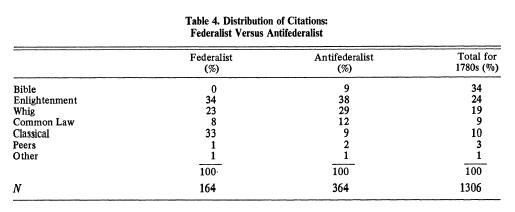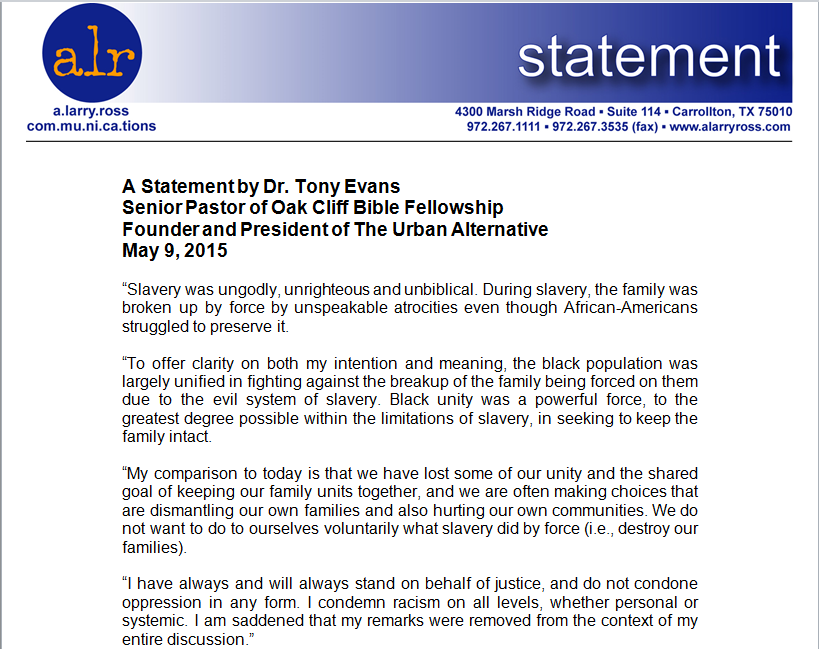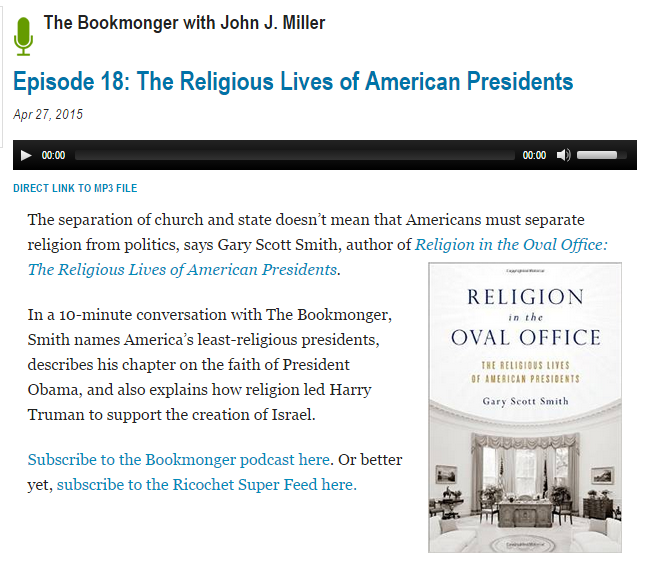David Barton was on Family Research Council’s Washington Watch Live yesterday to talk about his version of America’s founding. The host sitting in for Tony Perkins was Craig James.
As I was listening to Barton rattle off some of his usual distortions, it occurred to me again how far apart Barton and the Family Research Council are from Christian academia and the real world of scholarship. For instance, James introduced Barton as “one of the most respected historians in America.”
In what universe does Craig James’ America exist? James works for the same Family Research Council that once entered the real world and removed one of David Barton’s Capitol Tour videos from view because they acknowledged numerous historical errors. Now FRC hires Barton to give the tour again and James lauded the tour.
Respected historians don’t have their books removed from publication by their Christian publisher; nor do they have the same book voted least credible by other historians.
Barton again botches the Donald Lutz study of quotes from the Founding era. Barton made it seem as though Lutz studied the founders’ quotes when that was not the case (see this post for what the study actually did). Barton never tells his listeners that the Federalists didn’t cite the Bible in their defense of the Constitution.

Even fellow Christian Reconstructionist Joel McDurmon begs Christian nation advocates to stop citing the Lutz study because they are getting it wrong. McDurmon wrote in 2013:
To all my friends and fellow-laborers in Restoring America, Christian America, Monumental America, Christianity and the Constitution, followers of Verna Hall, Rosalie Slater, Vision Forum, Wall Builders, and anyone else, anywhere even remotely associated with such a project: Please, quit citing Lutz and Hyneman as proof the Framers of the Constitution quoted the Bible more than any other source. They did not, and misreading studies like this, and thereby perpetuating myths like this, is one reason liberal scholars so often laugh at you. It’s not always merely because they hate God. Sometimes, it’s because we give them reason.
Even though I disagree with McDurmon on many things, we disagree in the real world where scholars are respected when they get the facts right and are scorned when they perpetuate obvious falsehoods.
Barton then says in 1636 governments were instituted by Christians to give rights of conscience. He fails to mention that Roger Williams was tried by the General Court of Massachusetts and found guilty of heresy and sedition in 1635 and then fled Massachusetts Christian government to establish his own Christian colony.
Barton winds up by again saying Thomas Jefferson agreed with the House speaker to have church in the chambers. However, there is no record that Jefferson had any role in it. The chaplains asked the House if anyone objected to the idea and since no one did, the chaplains officiated.
As I have said before, I think Christian academics have a role in offsetting this misinformation and promoting accuracy.

